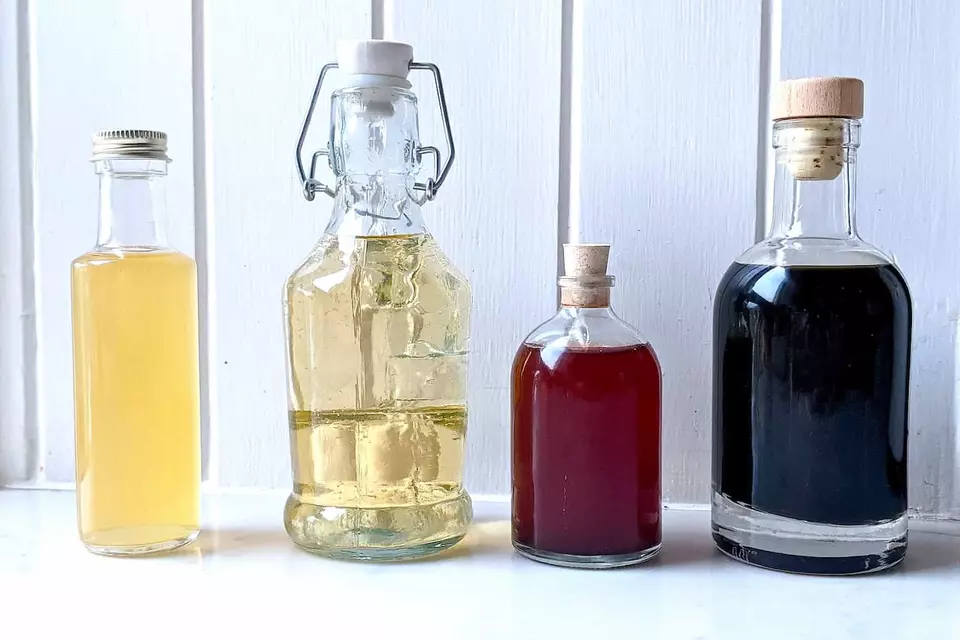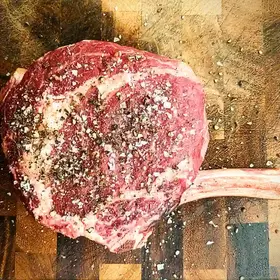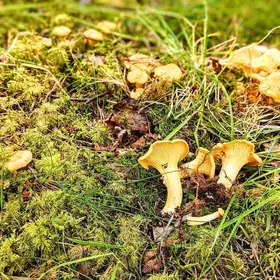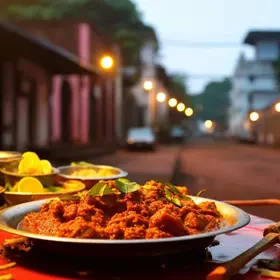Vinegar isn't regarded as a seasoning in the same way that salt and pepper are, but I think it should be, and any chef worth their salt (or their vinegar!) would agree with me. It's used on a daily basis in my kitchen, not just because I have an affinity for tangy flavours but because vinegar, or more specifically acidity, is an important and fundamental part of what makes something taste good. It's essential if you want to maximise flavour and create tasty food.
Salt allows flavours to shine
I think you'll agree that salt is the most important ingredient in any kitchen. In the absence of it, food will be bland and uninspiring but when used judiciously, ingredients are enabled to fulfil their glorious potential. Care is required though – too much salt and the meal will be unpalatable and leave you gasping for water.
Pepper adds a touch of heat
Pepper is also an important ingredient to provide a hint of spicy heat to your meals. Many recipes, mine included, will specify salt and cracked black pepper, which is appropriate for meat-based dishes, although I would say that black pepper doesn't go so well with most kinds of fish.
Unlike vinegar and salt however, pepper is an optional seasoning. Some would rather not put it in their food, which is absolutely fine, but personally I love the spiciness that black pepper brings to the table and will typically season meat courses generously with it.
Vinegar brings everything into balance
Completing this trinity of seasoning, vinegar is the great balancer. Some kind of acidity – usually vinegar or lemon juice – is advised in nearly every savoury dish, but is essential in recipes that have a high percentage of fat or are particularly rich. It would be obvious if you had omitted vinegar from foods such as mayonnaise or hollandaise, for example, as they'd be so fatty and rich that they'd literally be hard to swallow. Add a dash of vinegar, however, and the acid will cut through the fatty richness, enhance all the flavours and put a smile on your face.
Some recipes will make a feature of vinegar to create something really strong and tangy such as Vindaloo curry. For most things though, vinegar should be used in moderation to delicately enhance the other ingredients. The vinegar itself should be imperceptible.
I use tarragon or mushroom vinegar for most things; simple homemade infusions based on white wine vinegar. In the absence of these, white or red wine vinegar or cider vinegar will usually suffice or even balsamic or sherry vinegar, depending on the recipe.
Whatever kinds of vinegar you have available, I advise you to start using them regularly (in appropriate quantities) in your savoury dinner creations. They will become staples in your selection of seasonings that sits by your stovetop along with your salt and pepper and you'll wonder how you ever lived without them.




